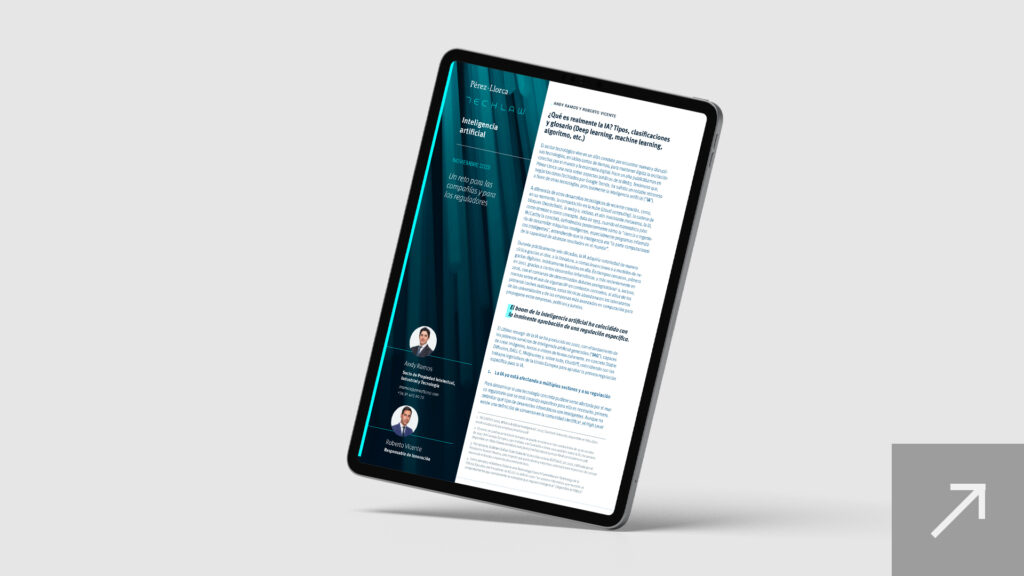- Administrative Law
- Antitrust and Competition Litigation
- Arbitration
- Banking and Finance
- Capital Markets
- Competition
- Corporate Governance
- Corporate/M&A
- Employment, compensation and benefits
- Energy
- Environment
- ESG Criteria and Climate Change Regulation
- European Union Law
- Financial Services and Investment Funds
- Infrastructure
- Insurance and Reinsurance
- Intellectual Property and Technology
- Land Planning
- Litigation
- Private Client & Family Office
- Private Equity
- Real Estate
- Restructuring & Insolvency
- Tax
- TechLaw
- Telecom
- White Collar Crime and Investigations
- Find a lawyer

